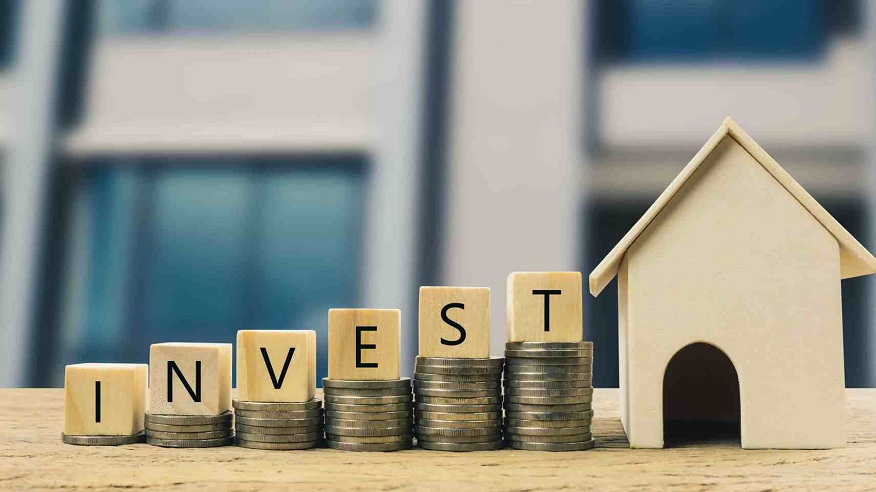Introduction:
It can be both exciting and challenging when entering into the world of property investment, particularly when it comes to determining how much money you’ll need. Calculating the deposit needed to purchase an investment property is a crucial step in this process. This article provides recommendations and information for potential property owners in addition to a detailed examination of deposit requirements. Additionally, understanding the benefits of investing in Manchester property can significantly enhance its attractiveness, offering the potential for substantial returns and growth in a vibrant market.
Understanding Investment Properties:
Rather than being occupied as primary housing, investment properties are bought to make a capital gain or rental income. Lenders frequently view investment properties as more risky, therefore this disparity has an impact on the deposit amount.
The Role of a Deposit in Property Investment:
The deposit you put down is key for starting your investment and acts as a promise to your lender. It directly impacts things like your loan’s interest rates and repayment deadlines.
Factors Influencing the Deposit Amount:
Property Type and Location:
The property’s characteristics and location are important factors in estimating the size of the deposit. Greater deposits might be needed for properties in high-demand locations or ones with stronger appreciation potential.
Your Financial Health:
Lenders will carefully consider your current debt load, income stability, and credit score. If one’s financial profile is stronger, the deposit requirement might be reduced.
Lender Requirements:
Lenders have their requirements, which can differ greatly. Some might provide reduced deposit choices for properties in particular areas or for investors with a solid credit history.
Property Valuation:
Knowing what goes into setting a property’s price, like its spot on the map, how well it’s been looked after, and how much demand there is for it, can be a big help for investors looking to make savvy moves. Getting a full check-over of the property can even become a handy tool for chatting with lenders to maybe lower the initial cash you need to front up.
Ways to Determine Your Deposit Amount:
Calculate Based on Property Value:
For investment homes, most lenders demand a minimum deposit of 15–25% of the purchase price. This proportion may change depending on the previously listed criteria.
Consider Your Investment Strategy:
Your deposit amount should be determined by your long-term objectives and plans. A bigger deposit could lower the total amount of your loan and the interest you pay, increasing your return on investment.
Anticipate Additional Costs:
Remember to include extra expenses like insurance, legal fees, and stamp duty as these can affect the total amount you need to save for your deposit.
Saving for Your Deposit:
Budgeting Strategies
An adequate deposit must be accumulated through effective budgeting. Look for situations in which you can cut back on expenses while increasing the amount that you save.
Exploring Savings and Investment Options:
Think about ISAs, high-interest savings accounts, or other investment products that can accelerate the growth of your deposit.
Government Schemes and Incentives:
Look into government programs such as the UK’s Lifetime ISA (LISA), which provides bonuses for savings towards your first home.
Alternatives to a Large Deposit:
Guarantor Loans:
Through a guarantor loan, you might be able to purchase a home with a lower down payment if a friend or relative guarantees your loan.
Venture Capital Partnerships:
Investing in a property as a partnership can lower the required individual deposit and distribute the financial risk.
Conclusion:
One important factor that varies greatly depending on several circumstances is the deposit for an investment property. Investors can put themselves in a position for successful property acquisition and management by being aware of these factors and making plans appropriately. Never forget that thoughtful planning and a clear grasp of your financial capabilities and objectives are the first steps in making a well-considered investment.




